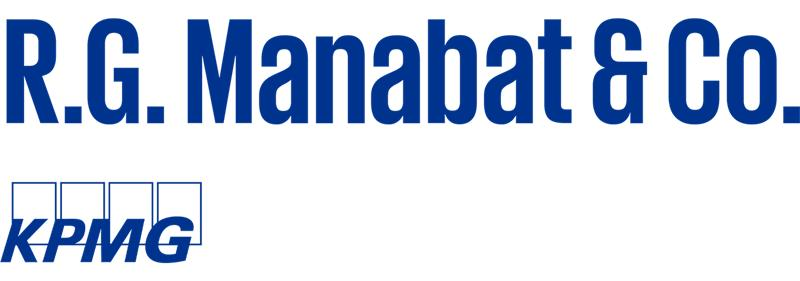The Philippines has crossed an important digital threshold. According to the Bangko Sentral ng Pilipinas’ (BSP) 2024 Status of Digital Payments in the Philippines report, digital payments now account for over 57% of monthly retail transaction volume. This tells us that a significant portion of Filipino consumers and enterprises are using digital transaction methods and leaving data trails at an unprecedented scale. This shift, alongside the Philippine Development Plan’s (PDP) push for economy-wide digitalization and our digital economy’s growing GDP share, creates an opening for companies to modernize their core systems with Artificial Intelligence (AI) -enabled enterprise resource planning systems (ERP).
Policy developments are reinforcing this trajectory. The Department of Trade and Industry’s (DTI) National AI Roadmap envisions the Philippines as an ASEAN hub for AI innovation. Complementing this, a multi-agency AI program has been launched to accelerate adoption across sectors. The National Privacy Commission (NPC) has also clarified how the Data Privacy Act applies to AI systems, emphasizing transparency, accountability, and privacy by design. Together, these initiatives create a clearer framework for organizations to adopt AI responsibly and effectively.
What excites me most about this transformation journey is how Philippine organizations are beginning to connect technology with purpose. I often remind leaders that AI isn’t just about automation, it’s about clarity, agility, and unlocking human potential through better information.
At the recent SAP Transformation excellence tour held at Discovery Primea last 4 September, I shared with industry leaders and experts how AI-enabled ERP systems can go beyond traditional technology stacks to transform processes. Tools such as SAP Signavio illustrate this potential by integrating process mining, real-time insights, journey and process modeling, governance, collaboration, and automation into a single tool chain. The result is faster decision-making, reduced risk in change management, and measurable outcomes that connect strategy to execution and business to IT.
For the Philippines’ financial ecosystem, the benefits are especially significant. With the BSP driving interoperability and greater use of electronic transfer services, organizations can run reconciliations, cash positioning, and working capital management on fresher data and shorter cycles. Process mining eliminates duplicate approvals and manual detours, while AI-enabled ERP standardizes purchasing, strengthens supply chain performance, and ties key process indicators to customer service outcomes. As e-commerce continues to scale and digital adoption accelerates, omnichannel processes must be governed and optimized end to end. ERP systems powered by AI make this possible, linking customer interactions directly to operational workflows and enabling organizations to deliver more seamless experiences.
With digital payments standardized and the PDP’s growth agenda leaning heavily on digitalization, the conditions are ideal for Philippine corporations to embed continuous improvement into their operations. Global evidence from ERP programs such as SAP Signavio highlights the tangible benefits such as accelerated insights, integrated design-to-delivery execution, and stronger alignment between business and IT. These are the levers that transform ambition into measurable impact.
Looking back at the many transformation stories I’ve been part of, I’ve realized that success isn’t defined by technology alone; it’s defined by mindset. When leaders choose to integrate data, people, process and purpose, that’s when technology becomes a true enabler of progress. Organizations that embrace AI-enabled ERP today will not only accelerate progress but also secure a stronger position in an increasingly digital economy. The opportunity is clear: those who act now will lead the way, setting the pace for sustainable growth and long-term competitiveness.
Christine Faye Collado
Tax Analyst
Christine Faye C. Collado is a Tax Analyst from the Tax Compliance Team under the Tax Group of R.G. Manabat & Co., a Philippine partnership and a member firm of the KPMG global organization of independent member firms affiliated with KPMG International Limited, a private English company limited by guarantee. The firm has been recognized as a Tier 1 in Transfer Pricing Practice and in General Corporate Tax Practice by the International Tax Review. For more information, you may reach out to Tax Analyst Christine Faye C. Collado or Partner Leandro Ben Robediso through ph-kpmgmla@kpmg.com, social media or visit www.home.kpmg/ph.
This article is for general information purposes only and should not be considered as professional advice to a specific issue or entity. The views and opinions expressed herein are those of the author and do not necessarily represent KPMG International or R.G. Manabat & Co.

